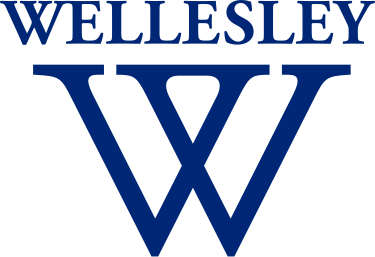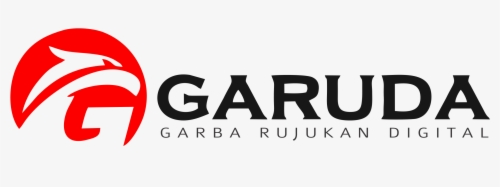Optimization of Waste Management Through Women's Empowerment
DOI:
https://doi.org/10.22219/jibe.v2i01.7274Keywords:
Women's empowerment, waste management, city of malangAbstract
The purpose of the research is providing an analysis on the economic opportunities that can be generated through the implementation of an integrated and well organized solid waste management in order to increase the economic value of garbage from the level of household, small, and medium industry to give positive impact due to the increased prosperity for the community in urban areas, especially the poor. The research employed survey method to identify the fundamental problems at the level of households and industries, in-depth interviews, focus group discussions to find strategic steps and practices in implementing integrated waste management which based on partnerships to overcome urban poverty. The results of this study indicated that the economic value of organic waste is Rp. 193, 952, 422 ($14,841.80) per year and Rp. 223, 142, 710 ($17,077.86) per year for inorganic waste. This potential should be properly managed through synergizing the existing waste management agencies such as the Department of Public Cleanliness and the Waste Bank of Malang city. The synergy on waste management should be made up to the lowest level in public institutions that is housewives association, because the role of housewife is very important in the success of waste management. Thus, the funds collected from the optimization of waste management can be used as business capital to help low income working families in Malang city.
















